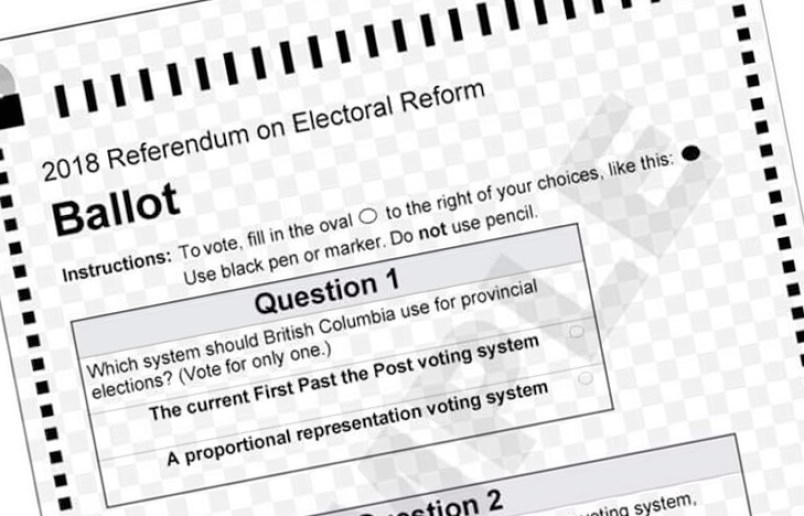Dear Editor:
I’d like to respond to some of the common proportional representation criticisms in the media.
1. “I’ll lose my MLA!”
This is false. One great feature of proportional representation is that we’d get more representation than we do currently. In some systems, we might even get two MLAs — double the representation!
2.“I don’t want Vancouver to make decisions for the whole province.”
Of course that wouldn’t be fair. Proportional representation systems are designed to ensure all parts of B.C. are represented fairly. Currently, rural ridings have very few MLAs in government, meaning they get little to no representation at all.
3.“We’d always have unstable minority governments”
Stability is important. But often, the first thing majority governments do when elected is undo all the work of the previous government. Proportional representation would indeed create more minority governments, meaning more stability, not less. When parties work together they make better laws that don’t get undone after the next election.
4.“Extremists would gain power.”
This concern is raised a lot by lobbyists on the radio, but proportional representation has excellent safeguards in place. Under proportional representation a party must get more than five per cent of the popular vote to get any seats. If the Nazi Party or other extremist groups gets more than five per cent of the vote, we don’t have a democracy problem, we have a Nazi problem.
5.“It’s too complicated.”
Forty per cent of vote gets 40 per cent power is very simple. You know what is complicated? Our current first-past-the-post model. Explain how in the last B.C. election, the liberals won 43 seats with 40 per cent of the vote, but the Green Party won three seats with 17 per cent of the vote?
6.“People won’t understand the ballots.”
Different doesn’t mean complicated. The option is to rank candidates in order of preference instead of agonizing over one choice. I think that actually makes things easier, don’t you?
Fenella Jacquet



